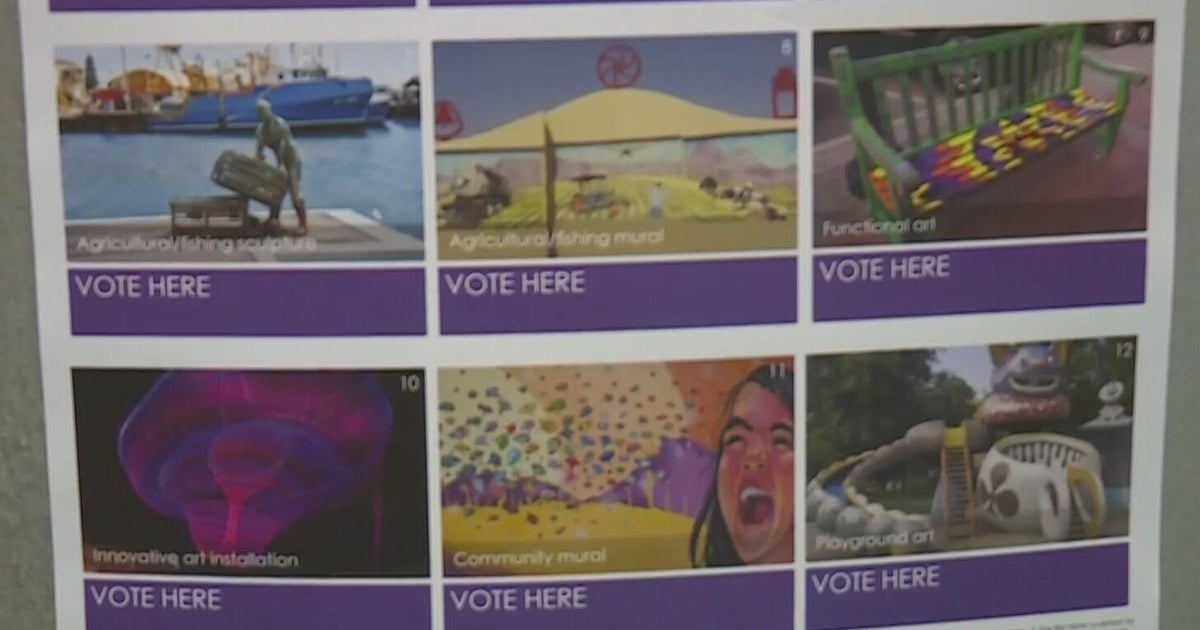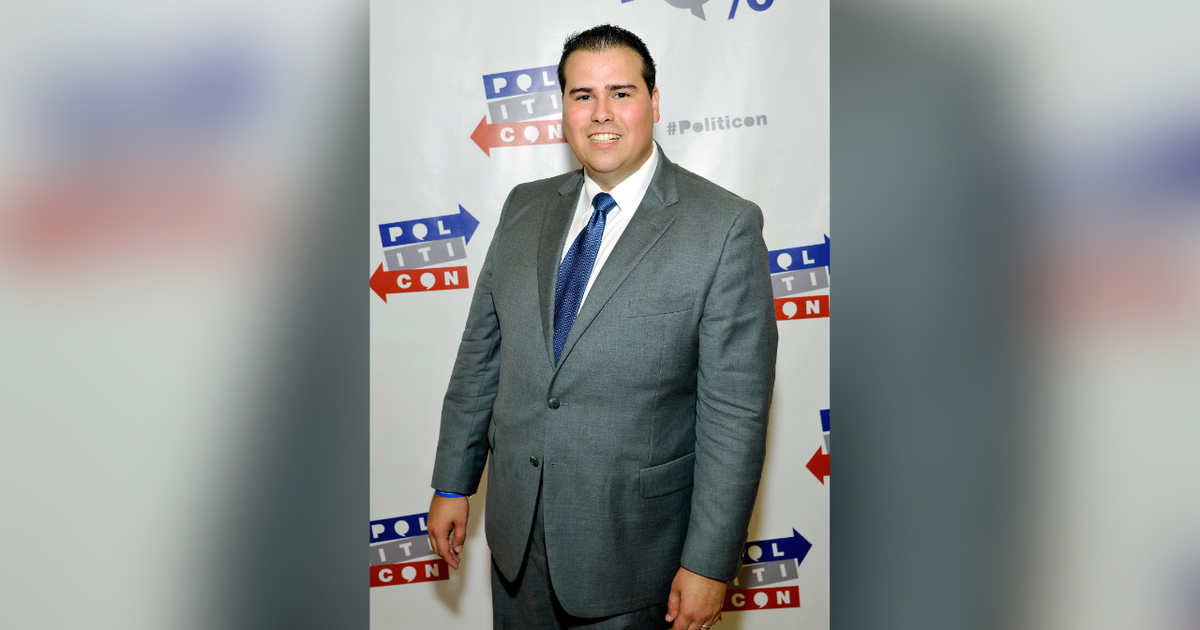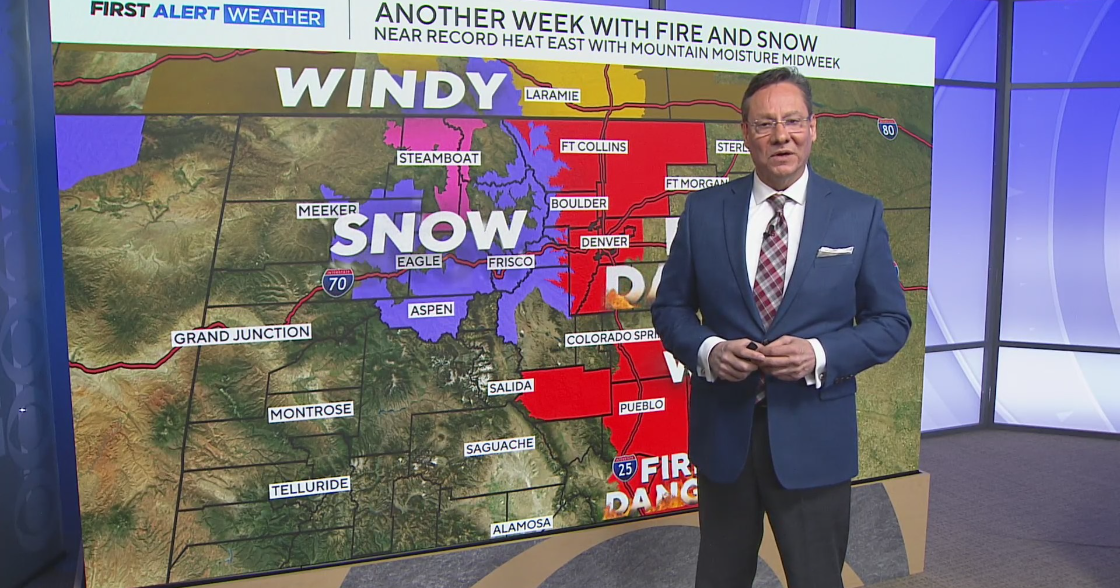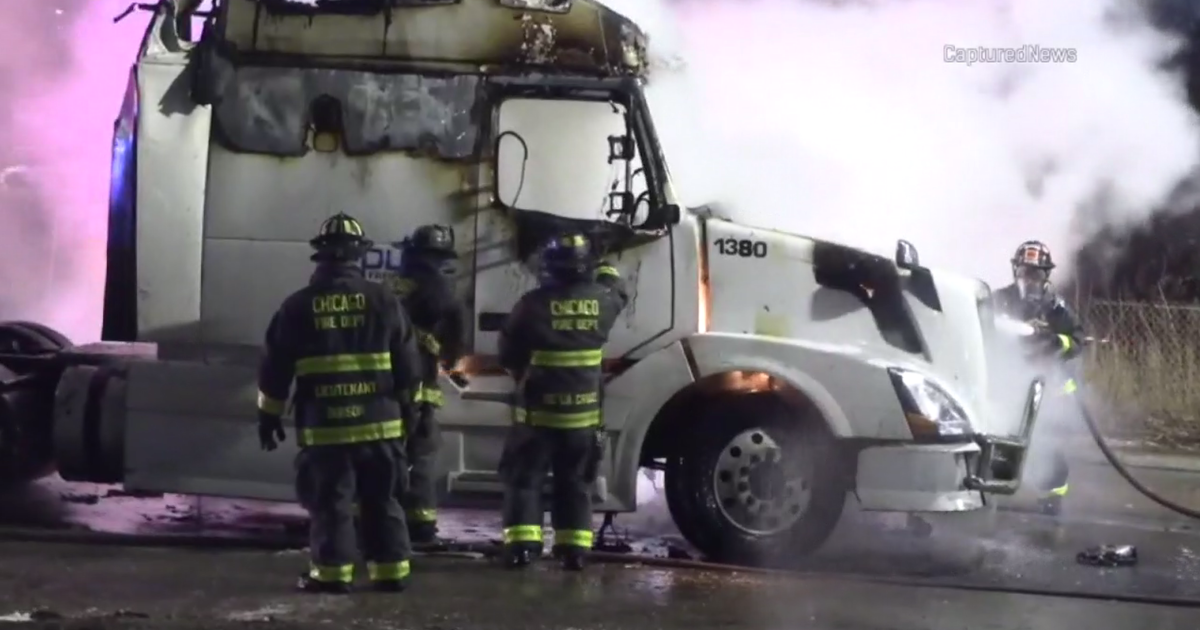New tech is helping California's wine industry overcome challenges
SACRAMENTO — More than 10,000 wine industry officials are attending a convention in Downtown Sacramento this week.
Grape growing is California's second largest crop, with vineyards spread across more than 600,000 acres of the state.
"The wine economy is incredibly important," said Aaron Lange of Lange Twins Family Winery.
Natalie Collins, the president of the California Association of Grape Growers, said the state is estimated to receive around $70 billion a year "in annual economic activity."
However, it's currently a challenging time to be a winemaker.
"We are in a little bit of a slump right now," Collins said.
Grape growers like Collins are facing environmental setbacks, including drought, wildfires, pests and disease.
"We have some tough years ahead of us, but I think our industry is very resilient," Collins said.
She said wine sales are down because of competition from other alcoholic beverages that are putting additional economic pressure on family farmers.
"People are in this for generations," Collins said. "No one wants to be the generation that gives up."
So wine industry experts from across the world are in Sacramento this week at the 30th annual Unified Wine and Grape Symposium showcasing new scientific research and technology that can help sustain the industry.
"It is that opportunity to come together, bring our collective minds together and really try and tackle those industry issues," Collins said.
The exposition has technology on display like high-tech tractors that can monitor crops in real time. There are also presentations on emerging technologies like using hyperspectral cameras to detect disease.
"Think about it as different bands of light that we can't see with our own eyes," Lange said.
They're even incorporating artificial intelligence into the grape-growing process.
"It can really look at huge, huge sums of data and find patterns and associations that we may not see on our own," Lange said.
It's an outpouring effort to keep the wine industry stable for years to come.
"A big part of the wine and grape industry is our ability to be innovative," Collins said.
Winemakers are also facing new regulations that will require putting nutrient and ingredient labeling on bottles sold in Europe, and those rules could also be required in the U.S. in the coming years.







